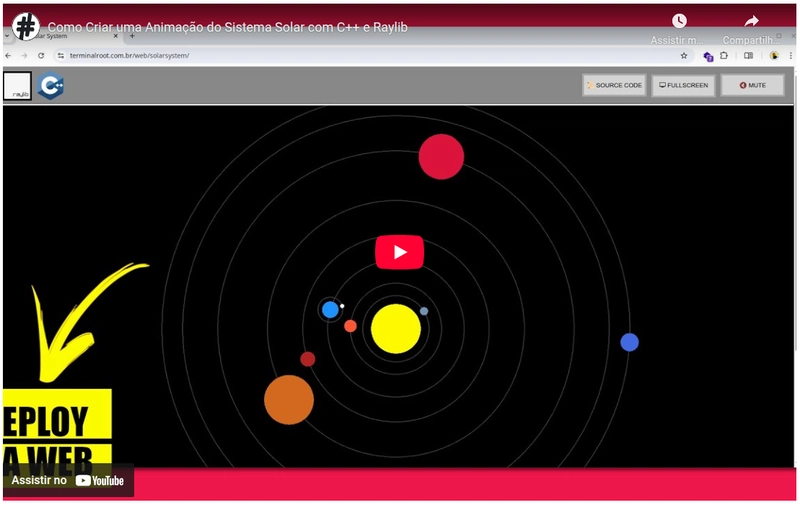Building Real-Time Notifications in a Node.js App Using WebSockets
Building Real-Time Notifications in a Node.js App Using WebSockets Adding real-time capabilities like notifications is one of the best ways to enhance interactivity in modern web applications. In this guide, we’ll walk through building a basic real-time notification system using Node.js, Socket.IO, and Express. Why Use WebSockets? WebSockets provide a persistent connection between the client and server, enabling real-time bidirectional communication. This makes them ideal for notifications, chats, collaborative editing, and live data feeds. Step 1: Set Up the Server npm init -y npm install express socket.io Then create server.js: const express = require('express'); const http = require('http'); const { Server } = require('socket.io'); const app = express(); const server = http.createServer(app); const io = new Server(server, { cors: { origin: '*', } }); app.get('/', (req, res) => { res.send('Server is running'); }); io.on('connection', (socket) => { console.log('User connected:', socket.id); socket.on('send-notification', (data) => { io.emit('receive-notification', data); }); socket.on('disconnect', () => { console.log('User disconnected:', socket.id); }); }); server.listen(3000, () => { console.log('Server running on http://localhost:3000'); }); Step 2: Set Up the Client Real-Time Notifications Real-Time Notifications Send Notification const socket = io('http://localhost:3000'); socket.on('receive-notification', (data) => { const li = document.createElement('li'); li.textContent = data.message; document.getElementById('notifications').appendChild(li); }); function sendNotification() { socket.emit('send-notification', { message: 'New notification sent!' }); } Step 3: Customize and Expand Add authentication and associate sockets with users. Save notifications to a database for offline users. Use namespaces or rooms to target specific users. Use libraries like Redis to scale across multiple Node instances. Conclusion Real-time features like notifications add a modern, dynamic touch to web apps. With Node.js and Socket.IO, you can build a solid foundation for more complex real-time systems like messaging, presence indicators, or collaborative tools. If you found this helpful, consider supporting me: buymeacoffee.com/hexshift

Building Real-Time Notifications in a Node.js App Using WebSockets
Adding real-time capabilities like notifications is one of the best ways to enhance interactivity in modern web applications. In this guide, we’ll walk through building a basic real-time notification system using Node.js, Socket.IO, and Express.
Why Use WebSockets?
WebSockets provide a persistent connection between the client and server, enabling real-time bidirectional communication. This makes them ideal for notifications, chats, collaborative editing, and live data feeds.
Step 1: Set Up the Server
npm init -y
npm install express socket.ioThen create server.js:
const express = require('express');
const http = require('http');
const { Server } = require('socket.io');
const app = express();
const server = http.createServer(app);
const io = new Server(server, {
cors: {
origin: '*',
}
});
app.get('/', (req, res) => {
res.send('Server is running');
});
io.on('connection', (socket) => {
console.log('User connected:', socket.id);
socket.on('send-notification', (data) => {
io.emit('receive-notification', data);
});
socket.on('disconnect', () => {
console.log('User disconnected:', socket.id);
});
});
server.listen(3000, () => {
console.log('Server running on http://localhost:3000');
});
Step 2: Set Up the Client
Real-Time Notifications
Real-Time Notifications
Step 3: Customize and Expand
- Add authentication and associate sockets with users.
- Save notifications to a database for offline users.
- Use namespaces or rooms to target specific users.
- Use libraries like Redis to scale across multiple Node instances.
Conclusion
Real-time features like notifications add a modern, dynamic touch to web apps. With Node.js and Socket.IO, you can build a solid foundation for more complex real-time systems like messaging, presence indicators, or collaborative tools.
If you found this helpful, consider supporting me: buymeacoffee.com/hexshift










































































































































































![[The AI Show Episode 144]: ChatGPT’s New Memory, Shopify CEO’s Leaked “AI First” Memo, Google Cloud Next Releases, o3 and o4-mini Coming Soon & Llama 4’s Rocky Launch](https://www.marketingaiinstitute.com/hubfs/ep%20144%20cover.png)














































































































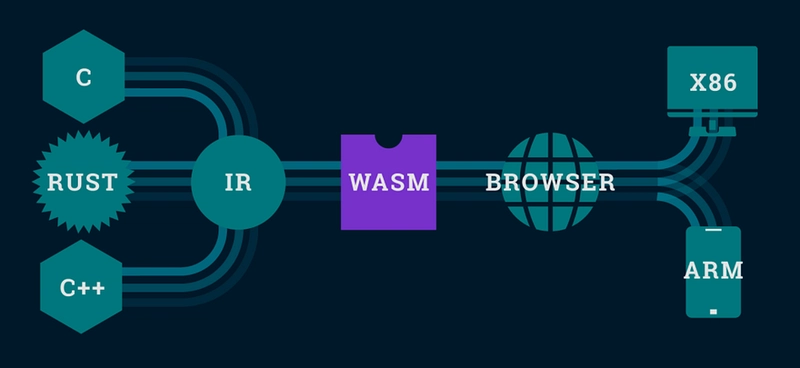


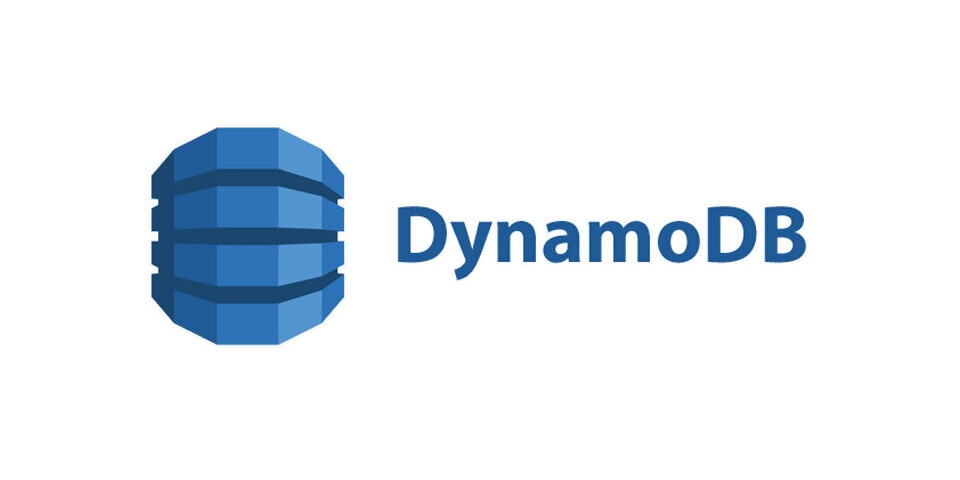






























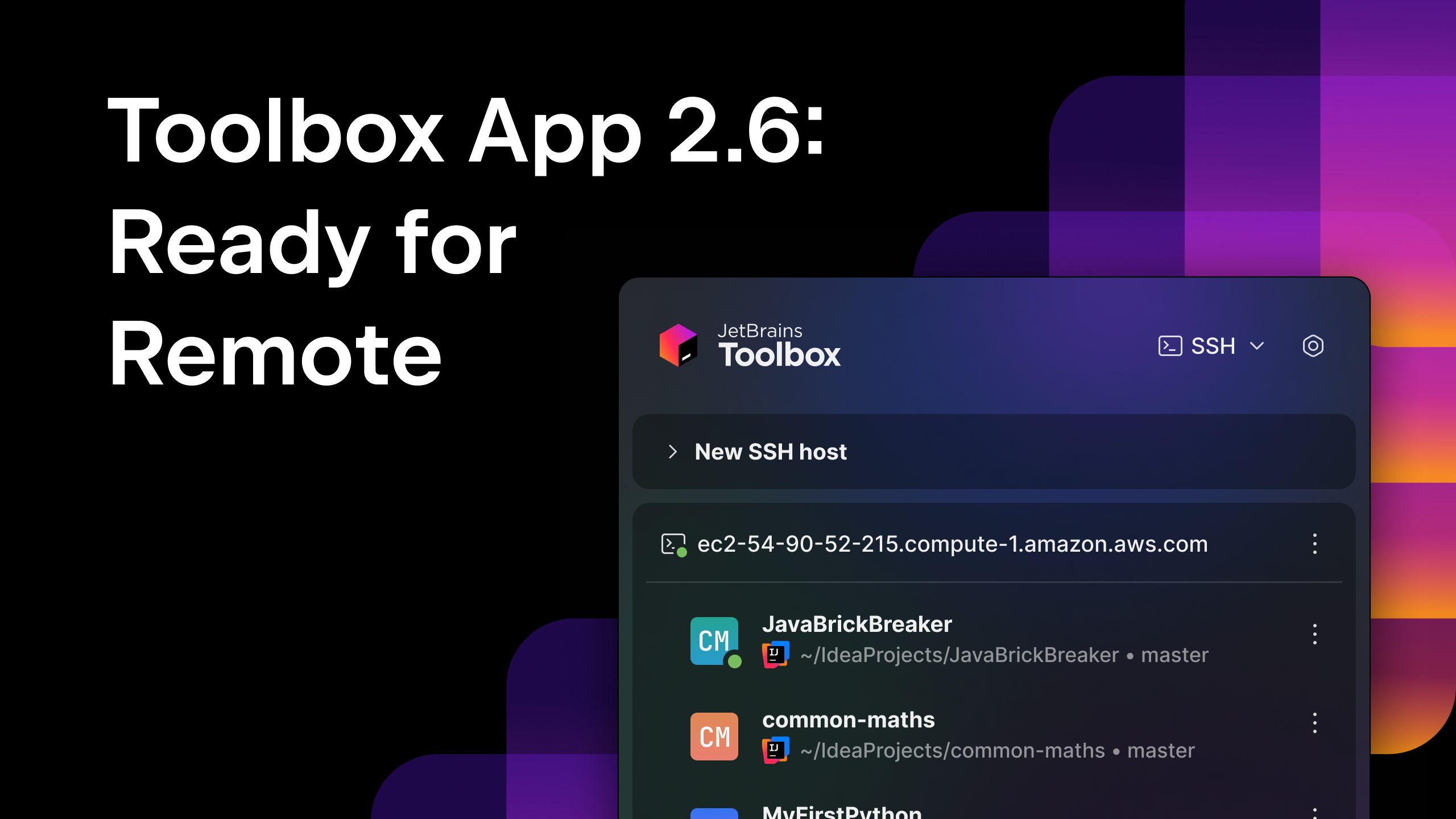





















































![Blue Archive tier list [April 2025]](https://media.pocketgamer.com/artwork/na-33404-1636469504/blue-archive-screenshot-2.jpg?#)
































.png?#)










-Baldur’s-Gate-3-The-Final-Patch---An-Animated-Short-00-03-43.png?width=1920&height=1920&fit=bounds&quality=70&format=jpg&auto=webp#)











![Nanoleaf Announces New Pegboard Desk Dock With Dual-Sided Lighting [Video]](https://www.iclarified.com/images/news/97030/97030/97030-640.jpg)


































































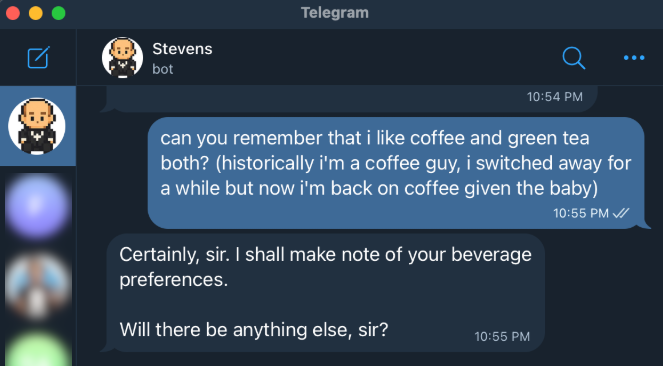
































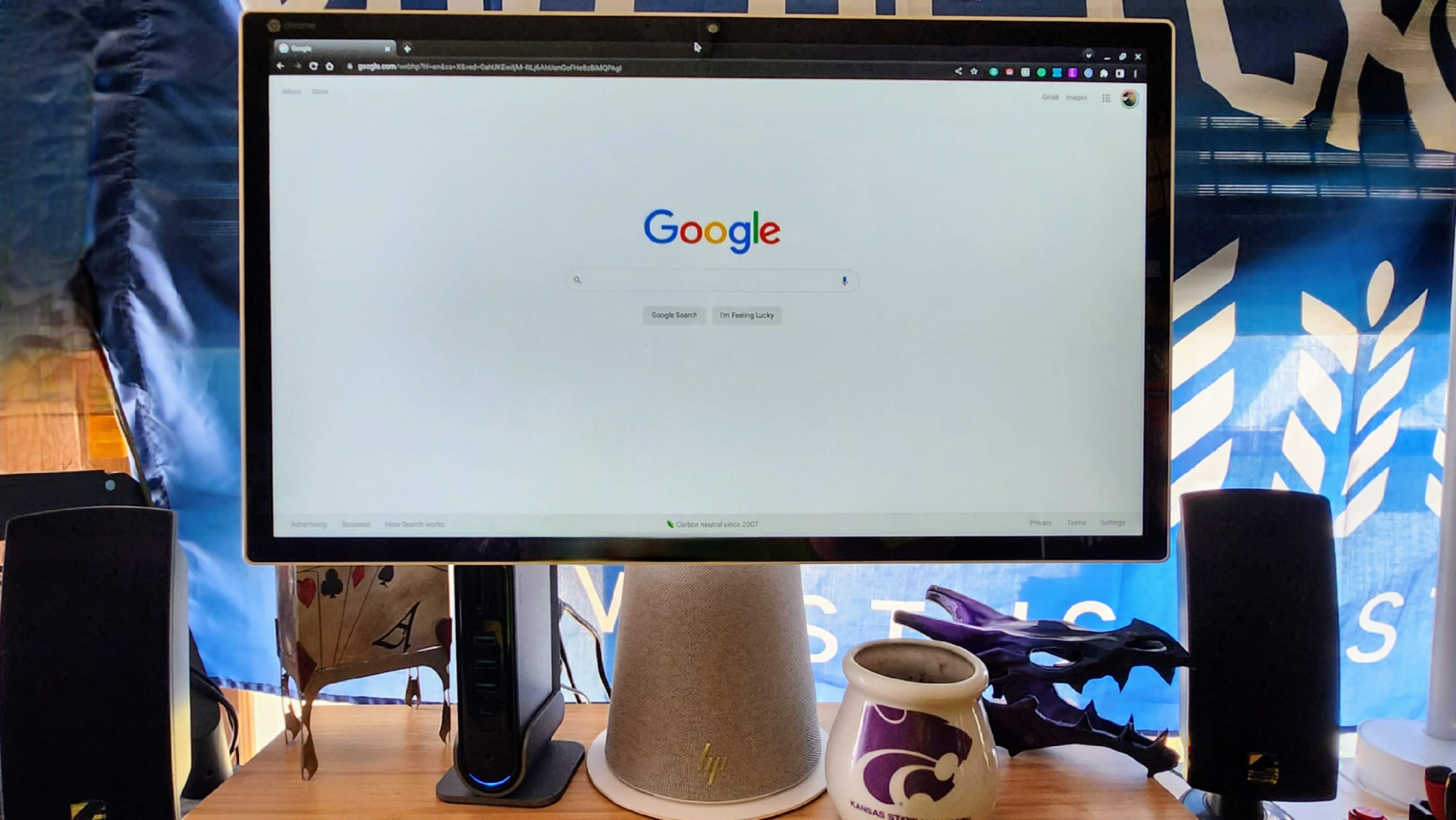





















![Apple's Foldable iPhone May Cost Between $2100 and $2300 [Rumor]](https://www.iclarified.com/images/news/97028/97028/97028-640.jpg)
![Apple Releases Public Betas of iOS 18.5, iPadOS 18.5, macOS Sequoia 15.5 [Download]](https://www.iclarified.com/images/news/97024/97024/97024-640.jpg)

































































































































